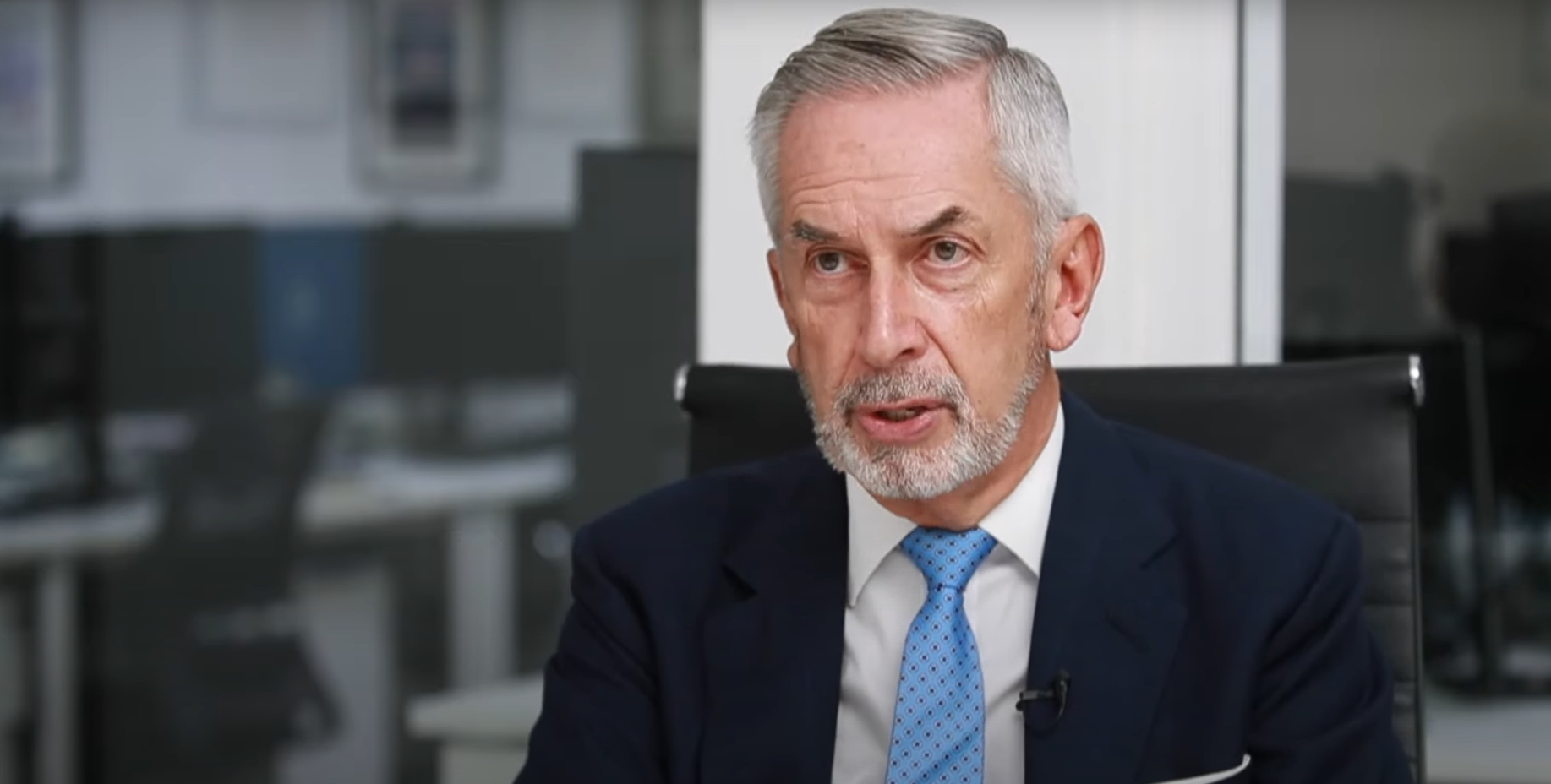Why Terry Smith’s performance has bounced back in 2023
26th April 2023 10:39
by Sam Benstead from interactive investor
The star fund manager has returned to form this year, as high-profit margin companies deliver.

Fundsmith Equity investors are enjoying a strong start to the year, as Terry Smith’s bet on luxury goods shares pays off.
Companies with strong pricing power are delivering under the backdrop of high inflation, with the re-opening of the Chinese economy also fuelling demand for luxury goods.
- Invest with ii: Top ISA Funds | FTSE Tracker Funds | Open a Stocks & Shares ISA
Smith’s top 10 positions include the world’s largest luxury goods conglomerate LVMH (shares up 28% this year calendar year) and L’Oreal (up 29%). They are now the third and fourth largest positions after posting strong results this year. Smith also owns premium US beauty product group Estée Lauder.
Fundsmith Equity, which is on interactive investor’s Super 60 list of investment ideas, has returned 10.4% this year compared with 5% for the typical global fund, and 5.4% for its benchmark, the MSCI World Index. I Class accumulation units now trade at 638p, just 5% below the 671p they hit at the end of 2022.
- The share Terry Smith has sold after less than a year
- Five things we learned from the 2023 Fundsmith AGM
- Buy and hold versus changing style: which fund approach is best?
Performance has bounced back following Smith’s first-ever annual loss in 2022, when his flagship strategy fell 13.8%. Since launch in 2010, the strategy has compounded at 15.8% a year.
Smith revealed his LVMH purchase in January 2021. Shares are up nearly 75% since then. L’Oreal and Estée Lauder are longer-term positions.
LVMH, which owns 75 luxury brands, including Louis Vuitton and Christian Dior, posted first-quarter profits up 17% year-over-year. Meanwhile, L’Oreal saw quarter one profits rise 14.6% and its acquisition of Australian skincare group Aseop was also well received by investors.
Demand for premium products is extremely strong, with wealthy customers relatively unaffected by high inflation, and so companies can pass on higher prices to them without seeing demand diminishing. The re-opening of the Chinese economy, and strong growth there, has also helped boost sales and profits.
Bank of America, the analyst, said LVMH was “surpassing all expectations”. On a forecast price-to-earnings ratio for 2023 of 24x, it said LVMH “is too cheap given the attractiveness of the luxury goods sector, its strong portfolio of brands and best-in-class execution”. UBS said that L'Oreal buying Aesop would “prove immediately accretive” to group sales.
- The key trades Terry Smith has been making in recent months
- Terry Smith continues tech buying spree as shares drop
- Artificial intelligence: is the hype real, and how to invest in the winners
Smith likes companies that have high gross margins, referring to the cost of making something compared with what it sells for. This means that rises in input costs have a relatively small effect on profits compared with firms with lower gross margins.
As of the end of 2022, his portfolio had an average gross margin of 64% compared with 45% for the S&P 500 and 42% for the FTSE 100.
“Inflation causes an increase in the cost of the ingredients, components and other inputs which constitute companies’ cost of goods sold. The best defence against this inflation is a high gross margin — the difference between sales revenues and cost of goods sold,” Smith wrote to shareholders.
Smith’s bet on tech giant Microsoft and diabetes drug firm Novo Nordisk have also boosted returns this year.
Microsoft shares are up 18% in 2023 as their bet on artificial intelligence with an investment in ChatGPT creator OpenAI pays off, and Novo Nordisk shares are up also up 24% on the success of its new weight loss drug. They are the largest and second-largest positions in Fundsmith Equity.
As of the end of March 2023, the largest sectors were consumer staples (32.8%), healthcare (25.8%) and consumer discretionary (13.1%).
These articles are provided for information purposes only. Occasionally, an opinion about whether to buy or sell a specific investment may be provided by third parties. The content is not intended to be a personal recommendation to buy or sell any financial instrument or product, or to adopt any investment strategy as it is not provided based on an assessment of your investing knowledge and experience, your financial situation or your investment objectives. The value of your investments, and the income derived from them, may go down as well as up. You may not get back all the money that you invest. The investments referred to in this article may not be suitable for all investors, and if in doubt, an investor should seek advice from a qualified investment adviser.
Full performance can be found on the company or index summary page on the interactive investor website. Simply click on the company's or index name highlighted in the article.